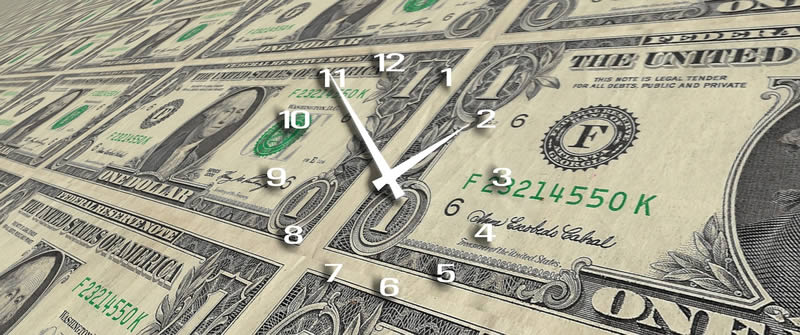Advice to make it as a professional in the forex market
Currencies / Forex Trading Nov 23, 2018 - 12:04 PM GMTBy: Submissions
The forex market is perhaps one of the most misunderstood markets out there. It’s seen only ever in its simplest form by many holidaymakers and travellers, while for newbie retail investors, it’s sometimes thought of as either too volatile or too complicated. For technical analysts, the heavy focus that many forex publications place on fundamental analysis points such as interest rate rises can seem too much.

However, there’s plenty about the foreign exchange market that people don’t actually know: the British market accounts for 41% of the global foreign exchange trading volume, for example, where there are many refreshing and unusual pairs to trade that don’t involve the ever-dominant US dollar. If you’re planning to enter the foreign exchange trading world as a professional, there’ll be no room for misunderstandings such as these. This article will share some top pieces of advice on how to go about crafting a career as foreign exchange market professional.
Read and learn
As with any new investment field, there’s a lot to learn about the forex field before you can become an expert. For some newbies, the fact that foreign exchange trades occur in pairs is a shock – and that’s before the complexities of price chart trend identification and other difficult concepts are brought into the equation! The web is your friend here: reading material is available on Fxexplained.co.uk, and it’s a good idea to look out for information on the psychology of trading and risk management in particular.
Look for jobs
Some who go into the world of foreign exchange decide to join the ranks of a bank or an investment institution, and work to satisfy the foreign exchange needs of the firm’s clients rather than their own. These client needs are diverse – and you’ll be required to be sympathetic to their needs. A corporate client may have made a profit through a subsidiary in a foreign country, for example, and they require it to be turned back into pounds. Or perhaps a client is about to execute a risky business move in another country, and they want to “hedge” against the outcome by buying up some foreign currencies.
There are lots of potential routes into getting a job at an institution like this. A particularly common one is to secure a degree from a good university, and preferably one in a subject that displays some financial aptitude, such as economics or accountancy. Historically, some people have become successful forex traders at major institutions without top-end degree educations, though for someone determined to climb the professional ladder, it makes sense to go this way.
Go it alone?
Being a professional foreign exchange trader, of course, doesn’t mean that you have to join the payroll of an institution. An alternative is to “go it alone”, and to set yourself up as a forex trader. If you do go it alone, one distinct advantage that you’ll have is that you’ll be able to access all sorts of forex-related products that might take too long to access if you go through an institution. You can, for example, set yourself up with a contracts for difference, or CFD, account: these derivatives are often much less unwieldy than traditional foreign exchange buying processes, and they’re traded entirely online. Another advantage of going it alone is that you can choose to either trade your own cash speculatively, or to do it on behalf of clients – or a mixture.
Know the market
The last thing to consider before plunging head first into the foreign exchange market is that it is a tough market in terms of working conditions. During the week, the forex market trades all day long: globally, it operates several different sessions that run throughout a 24-hour period, such as the Sydney session, the New York session and the London session. While you won’t be required to work 24 hours a day, of course, you will need to have an awareness of what’s gone on in other sessions that day – and even if you are based in one place, you might have to work antisocial hours to cover what’s going on in another.
Entering the forex market as a professional, then, clearly isn’t for the faint-hearted. Whether you choose to apply for a job at an institutional investment firm or you prefer to go it alone, there are lots of entry points and pathways to success. Your main task for now, though, is to do your research and make sure that you’re as up to speed on this market as possible.
By Lee
© 2018 Copyright Lee - All Rights Reserved Disclaimer: The above is a matter of opinion provided for general information purposes only and is not intended as investment advice. Information and analysis above are derived from sources and utilising methods believed to be reliable, but we cannot accept responsibility for any losses you may incur as a result of this analysis. Individuals should consult with their personal financial advisors.
© 2005-2022 http://www.MarketOracle.co.uk - The Market Oracle is a FREE Daily Financial Markets Analysis & Forecasting online publication.



